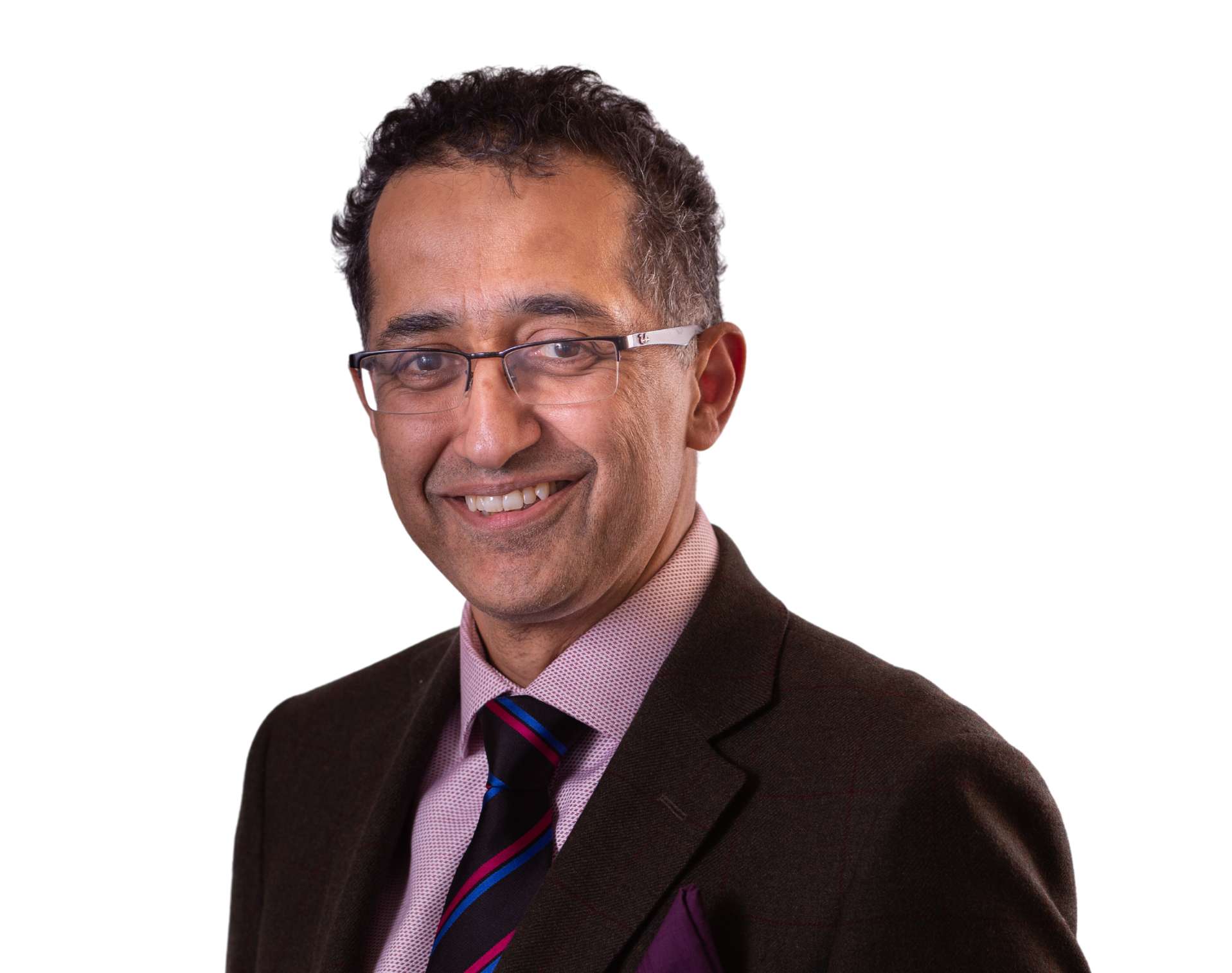Diabetes mellitus essentially causes high blood glucose levels and glucose eventually spills into the urine. Your pancreas beta-cells (that produce insulin) are lost, to lead to you losing the ability to control your sugar. In Type 2 Diabetes, you may be insulin resistant, and your cells can’t keep up.
If the sugar is too high, you can get very sick due to dehydration, and are at risk of heart attacks and strokes. A young type 2 diabetic patient with cardiovascular disease may well be losing 10 years of life compared to a non-diabetic patient.
It is worth noting, early onset Type 2 diabetes is worse than type 1 coming on at the same age. Additionally, a diabetic patient will see the GP, the cardiologist as well as the diabetes specialist. We all need to pay attention to you!
Even if you have no symptoms of heart disease, you may be brewing major risk factors for heart attack and stroke.

